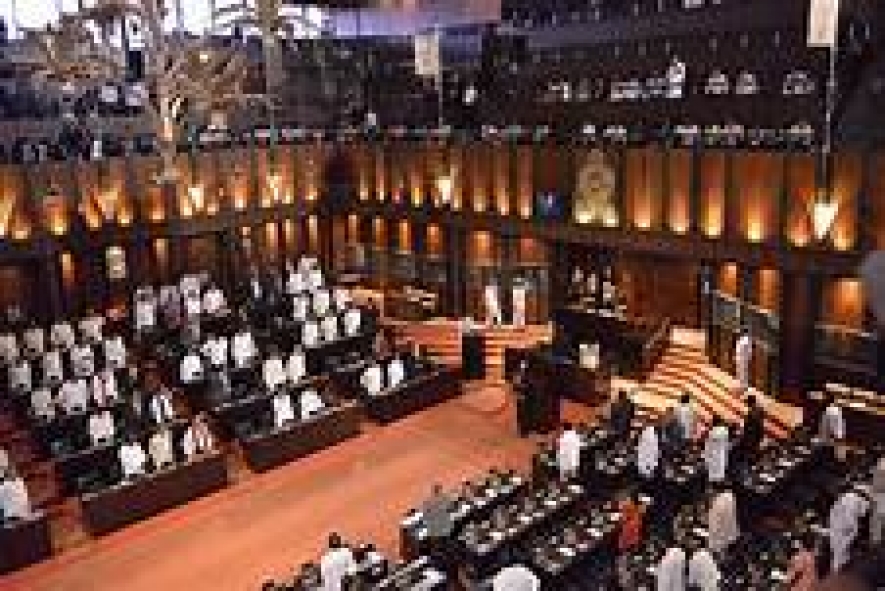The Bill was moved for debate by Prime Minister Ranil Wickremesinghe. Foreign Affairs Minister Thilak Marapone moved further amendments to the Bill at the end of the debate. The definition of “aggrieved persons” in the Bill was amended in conformity with the Supreme Court determination.The Office for Reparations would be the second official mechanism to be set up to deal with the missing persons issue and post-war allegations.
The Bill provides for the provision of individual and collective reparations for aggrieved persons. As per the Bill, “aggrieved persons,” mean persons who have suffered a violation of human rights or humanitarian law, their relatives and missing persons.
The scope of legislation applies to the conflict in the North and the East, as well as “any political unrest or civil disturbance, systematic gross violations of the rights of individuals, groups or communities of people of Sri Lanka and enforced disappearances.”
Under the “individual reparations,” the Bill facilitates any monetary payment or material benefit provided to an aggrieved person, micro-finance and concessionary loans, educational programmes, training and skills development programmes, administrative assistance and welfare services, including psycho-social support provided to an aggrieved person, measures of restitution, including the provision of land and housing and other appropriate measures identified by the Office for Reparations.
Under the “Collective reparations,” the Bill facilitates remembrance of deceased persons, including memorials, development of infrastructure, educational programmes, training and skills development programmes, community development programmes or services and other appropriate programmes as identified by the Office of Reparations in consultation with affected communities.The Rehabilitation of Persons, Properties and Industries Authority Act, No. 29 of 1987 would be repealed by the new Bill.




















